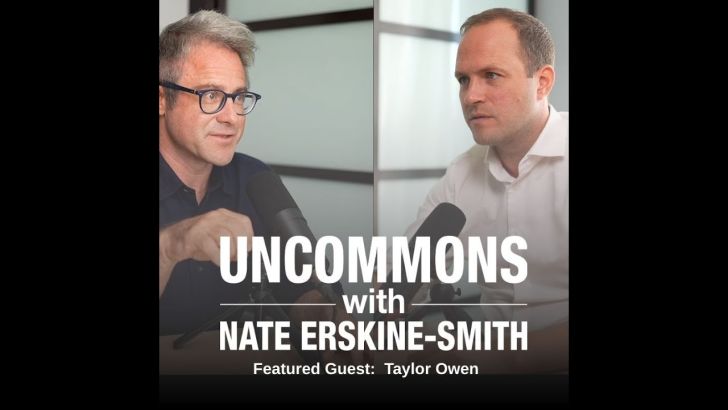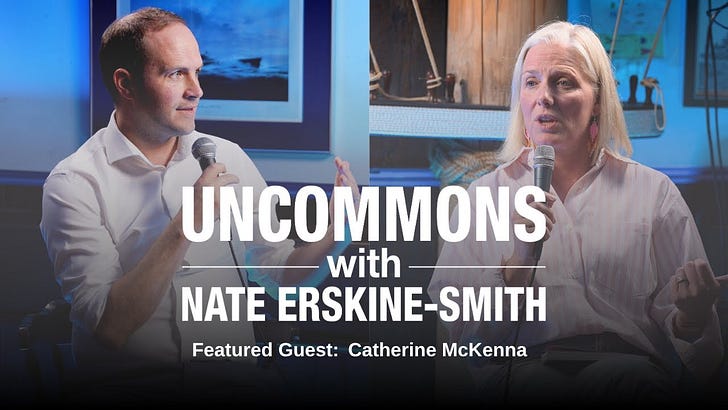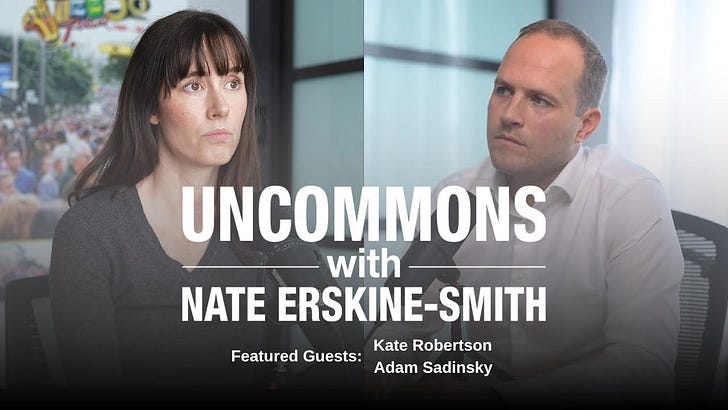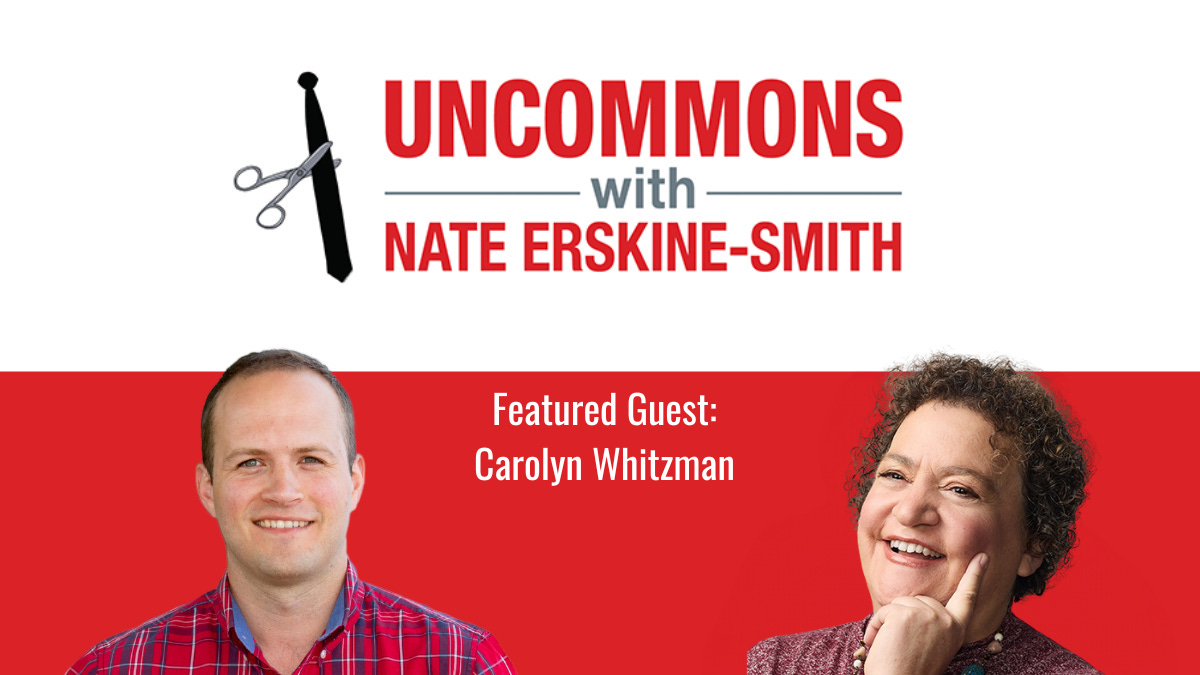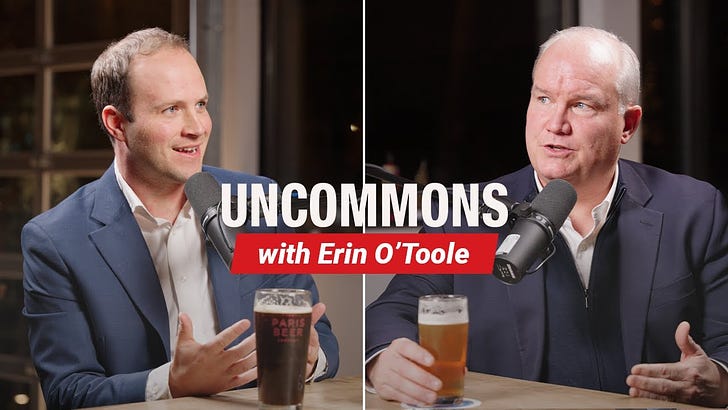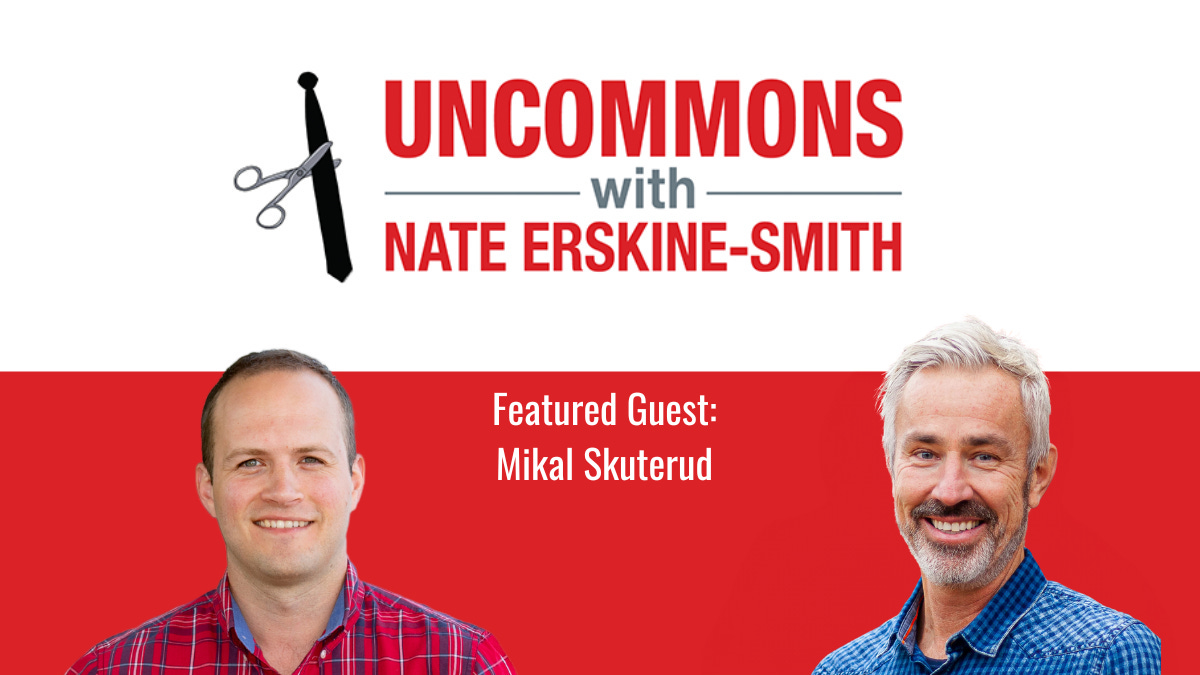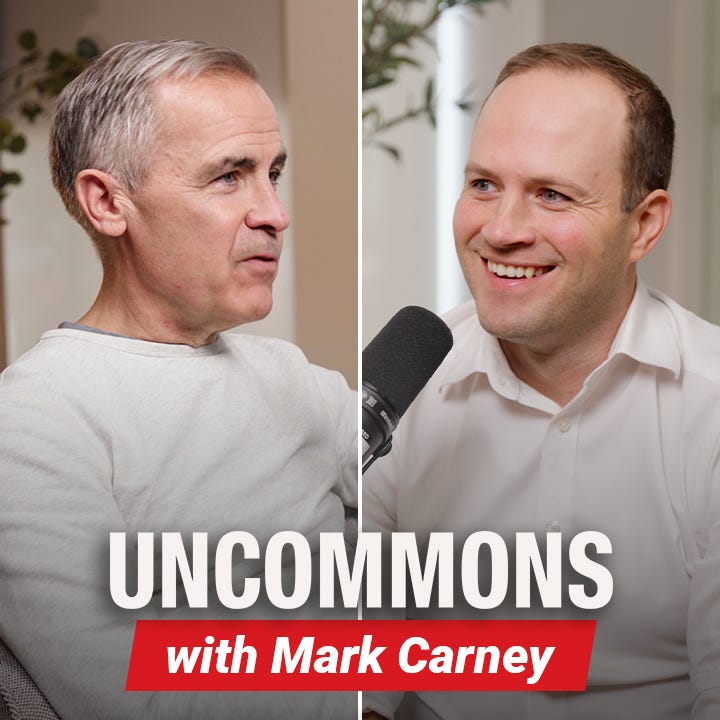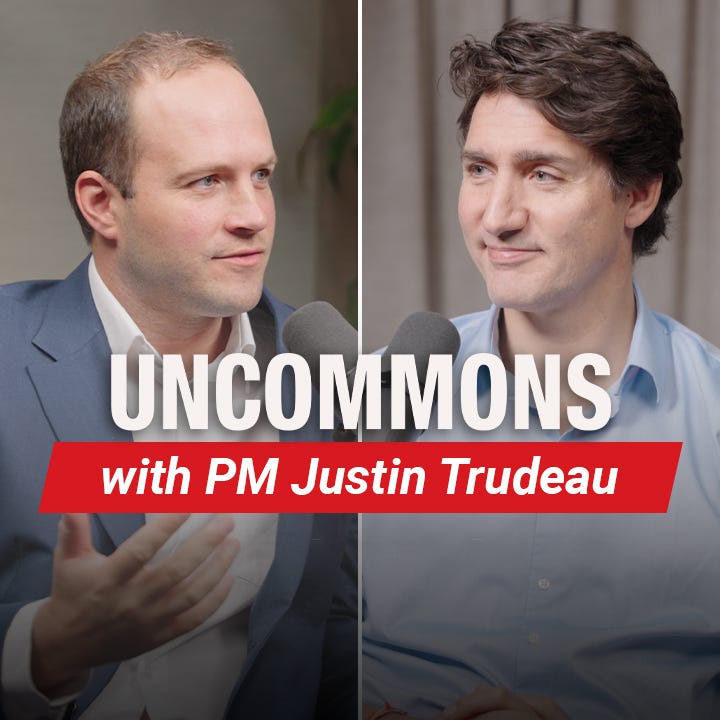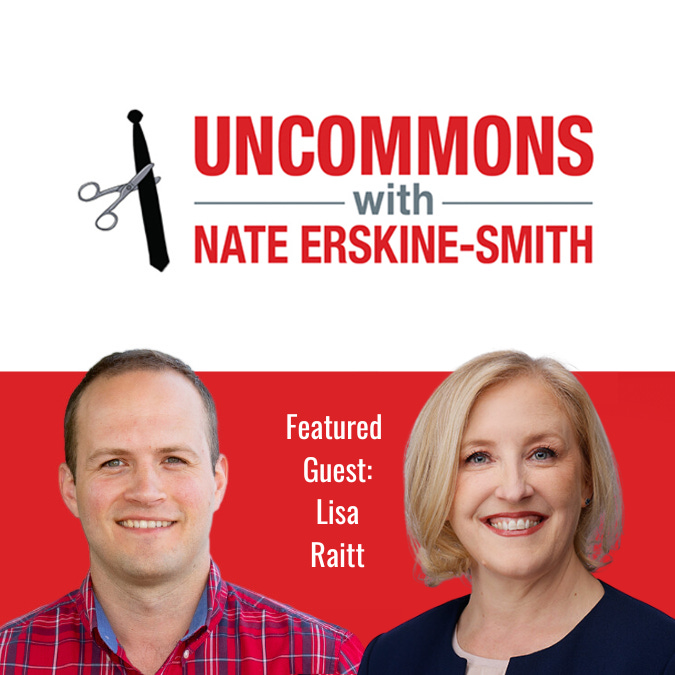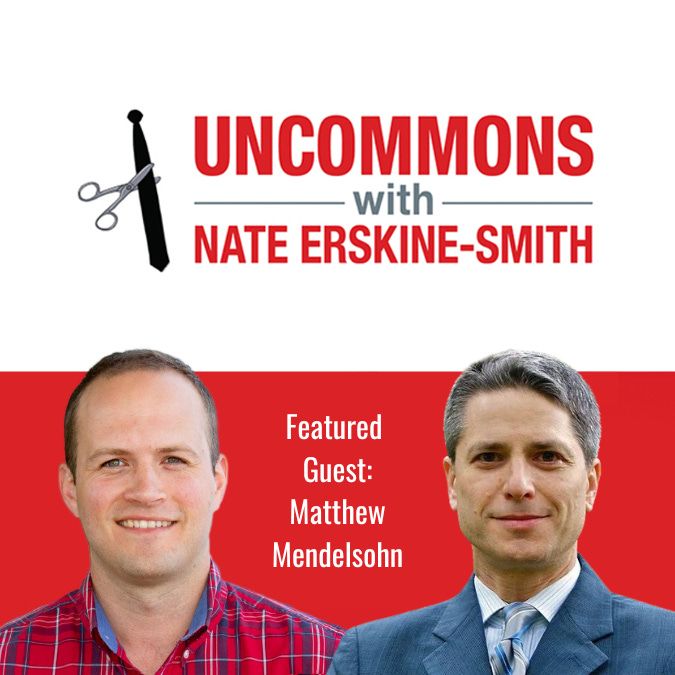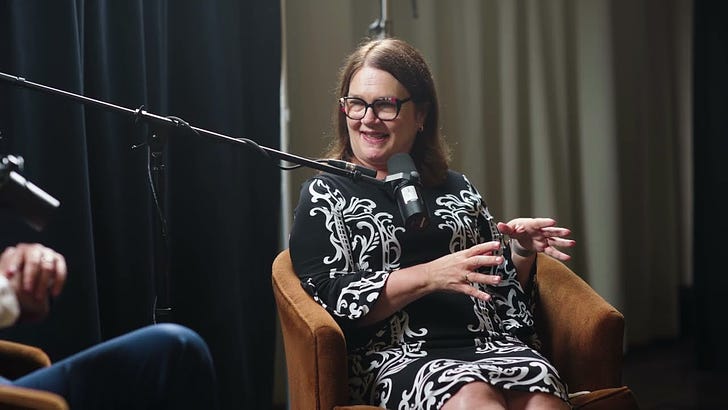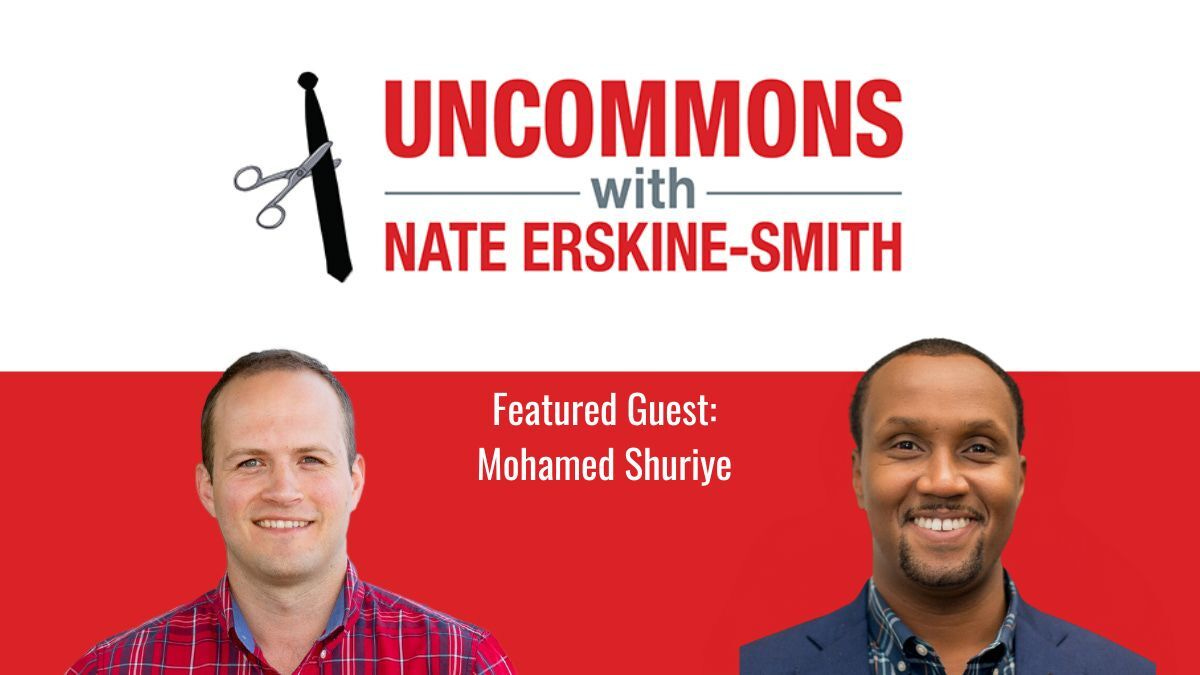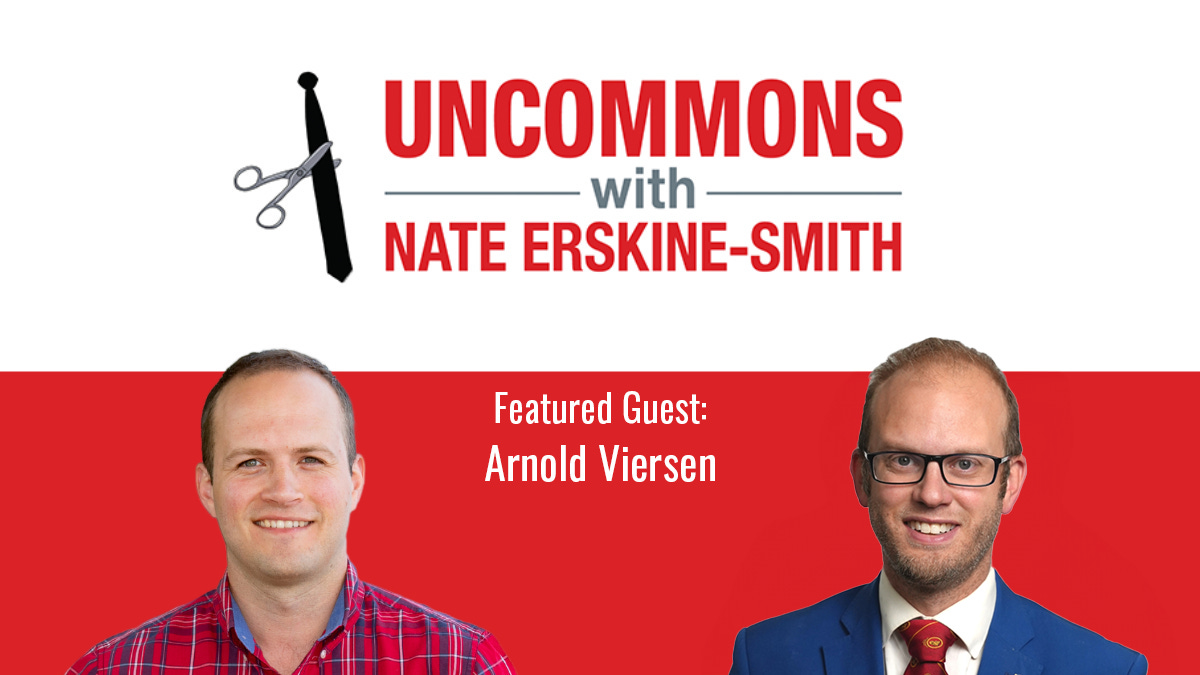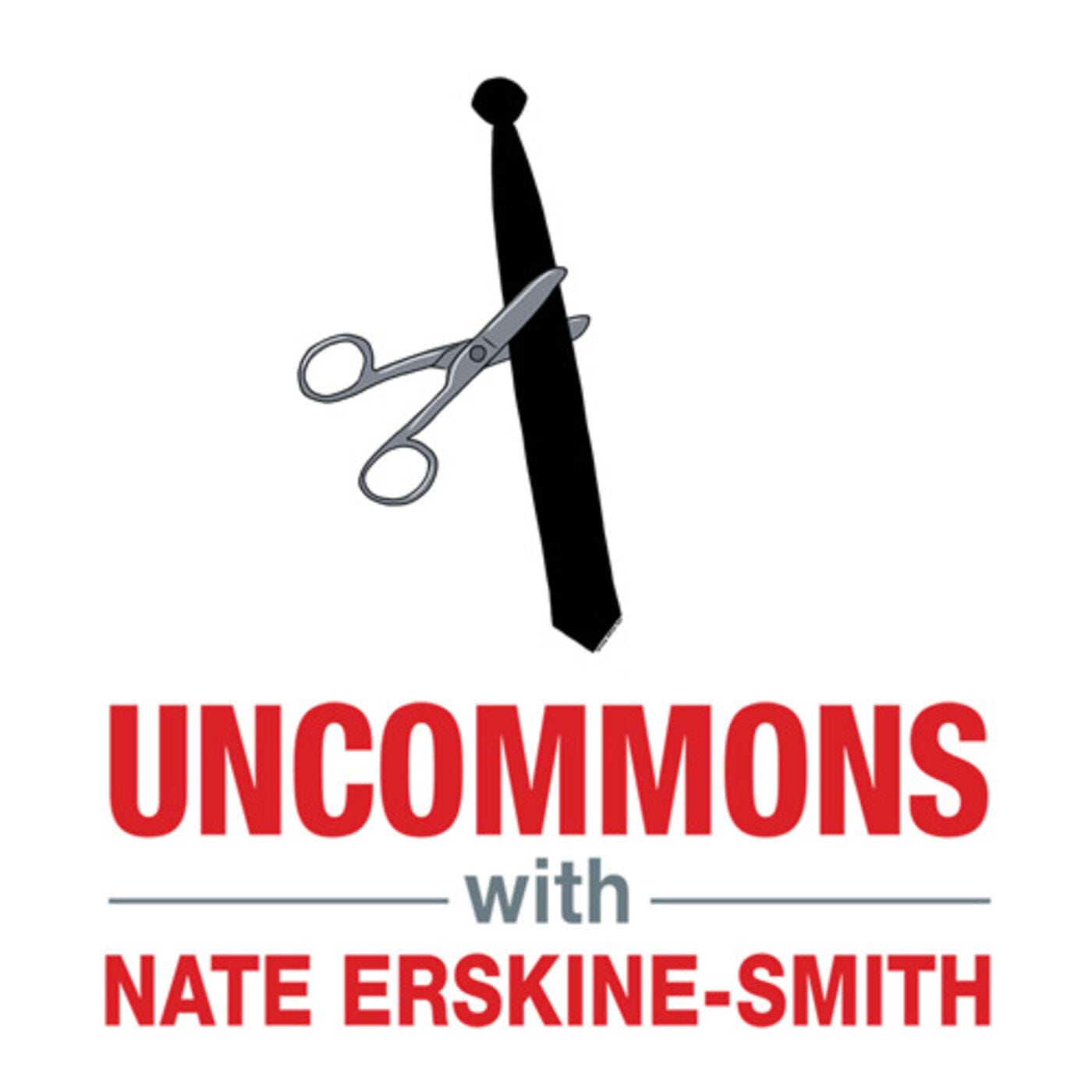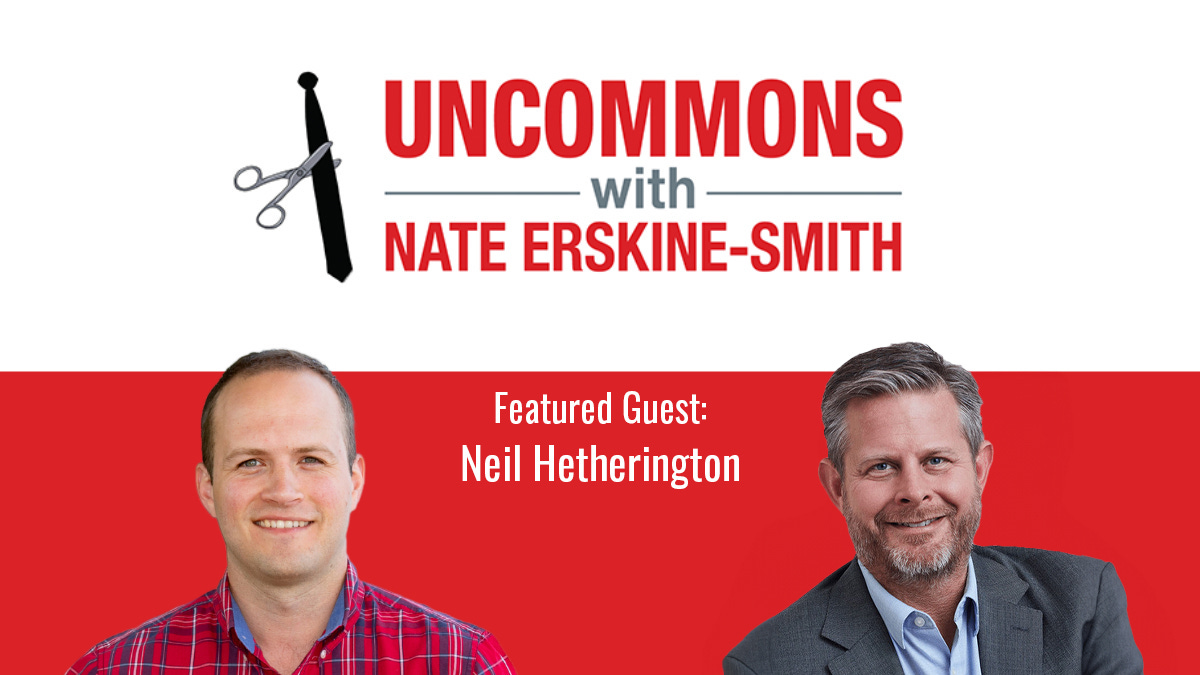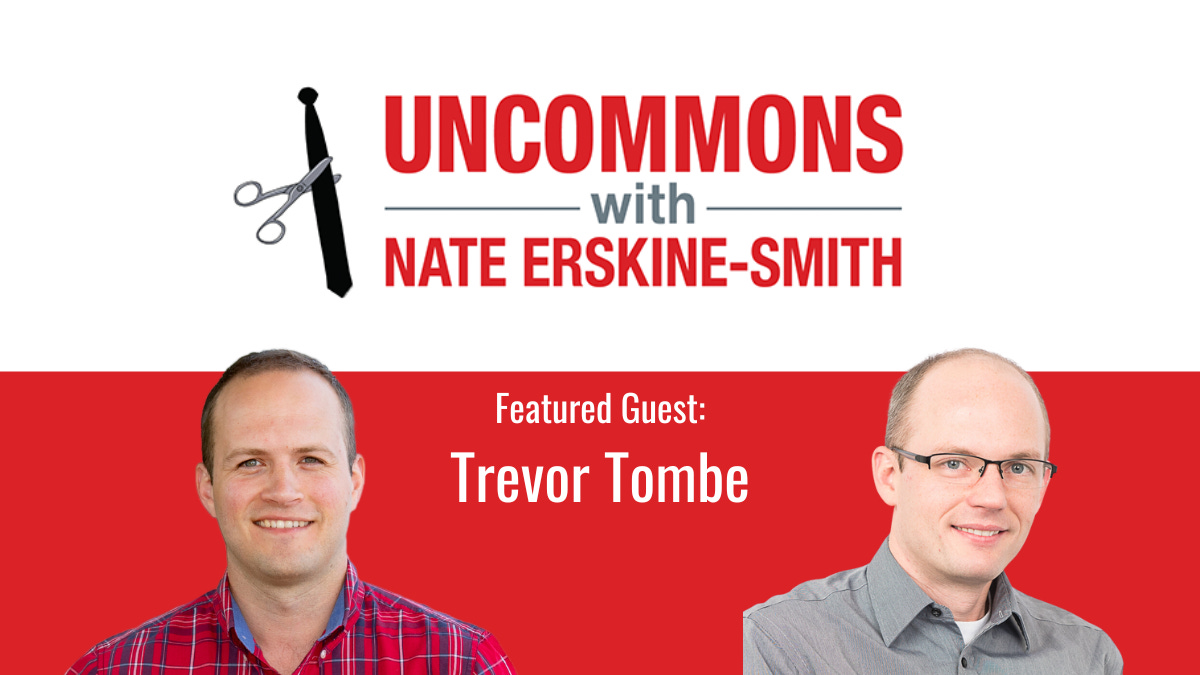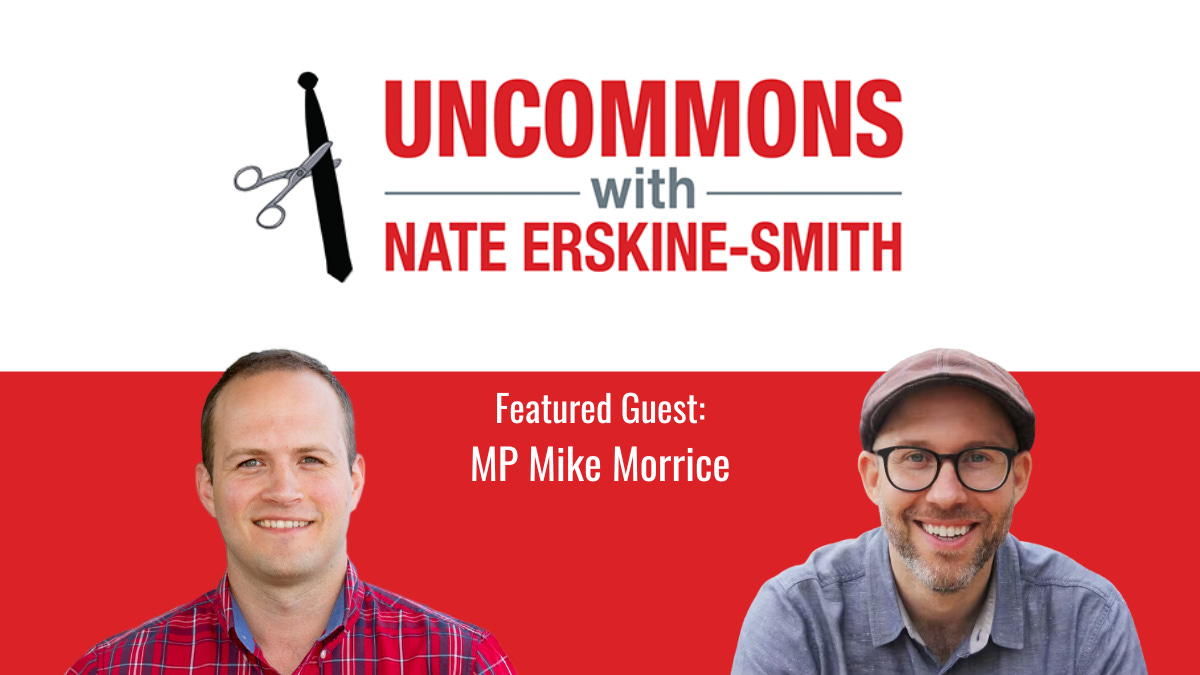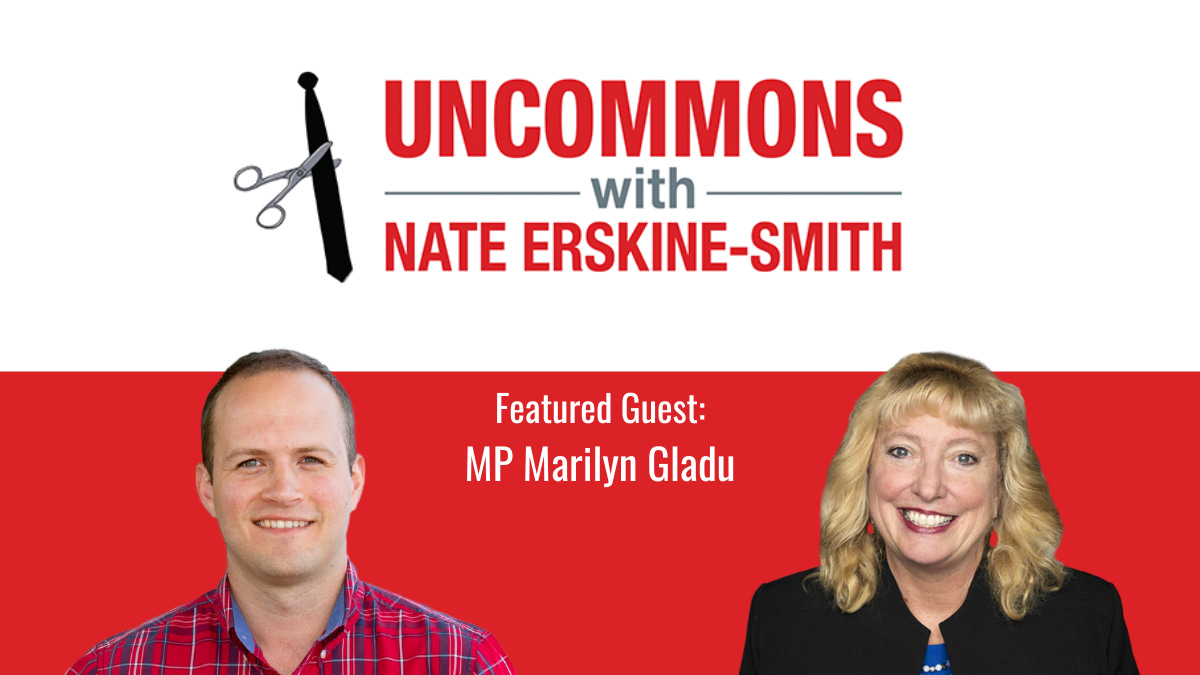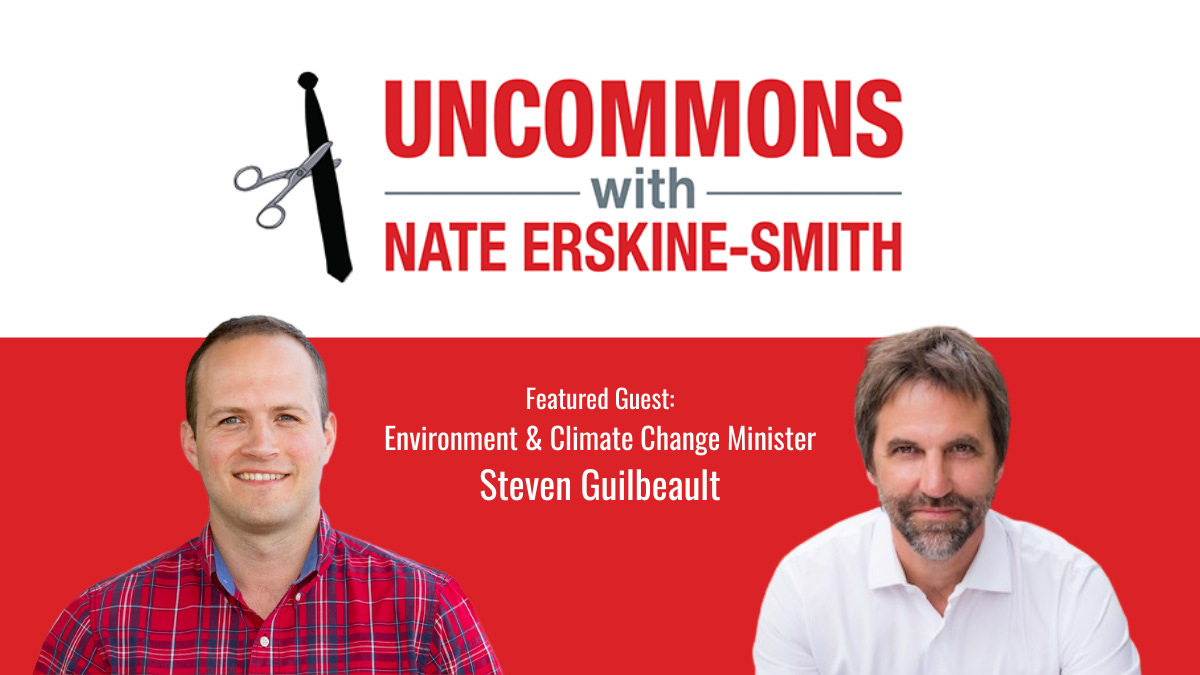The Future of Online Harms and AI Regulation with Taylor Owen
Description
After a hiatus, we’ve officially restarted the Uncommons podcast, and our first long-form interview is with Professor Taylor Owen to discuss the ever changing landscape of the digital world, the fast emergence of AI and the implications for our kids, consumer safety and our democracy.
Taylor Owen’s work focuses on the intersection of media, technology and public policy and can be found at taylorowen.com. He is the Beaverbrook Chair in Media, Ethics and Communications and the founding Director of The Centre for Media, Technology and Democracy at McGill University where he is also an Associate Professor. He is the host of the Globe and Mail’s Machines Like Us podcast and author of several books.
Taylor also joined me for this discussion more than 5 years ago now. And a lot has happened in that time.
Upcoming episodes will include guests Tanya Talaga and an episode focused on the border bill C-2, with experts from The Citizen Lab and the Canadian Association of Refugee Lawyers.
We’ll also be hosting a live event at the Naval Club of Toronto with Catherine McKenna, who will be launching her new book Run Like a Girl. Register for free through Eventbrite.
As always, if you have ideas for future guests or topics, email us at info@beynate.ca
Chapters:
0:29 Setting the Stage
1:44 Core Problems & Challenges
4:31 Information Ecosystem Crisis
10:19 Signals of Reliability & Policy Challenges
14:33 Legislative Efforts
18:29 Online Harms Act Deep Dive
25:31 AI Fraud
29:38 Platform Responsibility
32:55 Future Policy Direction
Further Reading and Listening:
Public rules for big tech platforms with Taylor Owen — Uncommons Podcast
“How the Next Government can Protect Canada’s Information Ecosystem.” Taylor Owen with Helen Hayes, The Globe and Mail, April 7, 2025.
Machines Like Us Podcast
Transcript:
Nate Erskine-Smith
00:00-00:43
Welcome to Uncommons, I’m Nate Erskine-Smith. This is our first episode back after a bit of a hiatus, and we are back with a conversation focused on AI safety, digital governance, and all of the challenges with regulating the internet. I’m joined by Professor Taylor Owen. He’s an expert in these issues. He’s been writing about these issues for many years. I actually had him on this podcast more than five years ago, and he’s been a huge part of getting us in Canada to where we are today. And it’s up to this government to get us across the finish line, and that’s what we talk about. Taylor, thanks for joining me. Thanks for having me. So this feels like deja vu all over again, because I was going back before you arrived this morning and you joined this podcast in April of 2020 to talk about platform governance.
Taylor Owen
00:43-00:44
It’s a different world.
Taylor
00:45-00:45
In some ways.
Nate Erskine-Smith
00:45-01:14
Yeah. Well, yeah, a different world for sure in many ways, but also the same challenges in some ways too. Additional challenges, of course. But I feel like in some ways we’ve come a long way because there’s been lots of consultation. There have been some legislative attempts at least, but also we haven’t really accomplished the thing. So let’s talk about set the stage. Some of the same challenges from five years ago, but some new challenges. What are the challenges? What are the problems we’re trying to solve? Yeah, I mean, many of them are the same, right?
Taylor Owen
01:14-03:06
I mean, this is part of the technology moves fast. But when you look at the range of things citizens are concerned about when they and their children and their friends and their families use these sets of digital technologies that shape so much of our lives, many things are the same. So they’re worried about safety. They’re worried about algorithmic content and how that’s feeding into what they believe and what they think. They’re worried about polarization. We’re worried about the integrity of our democracy and our elections. We’re worried about sort of some of the more acute harms of like real risks to safety, right? Like children taking their own lives and violence erupting, political violence emerging. Like these things have always been present as a part of our digital lives. And that’s what we were concerned about five years ago, right? When we talked about those harms, that was roughly the list. Now, the technologies we were talking about at the time were largely social media platforms, right? So that was the main way five years ago that we shared, consumed information in our digital politics and our digital public lives. And that is what’s changing slightly. Now, those are still prominent, right? We’re still on TikTok and Instagram and Facebook to a certain degree. But we do now have a new layer of AI and particularly chatbots. And I think a big question we face in this conversation in this, like, how do we develop policies that maximize the benefits of digital technologies and minimize the harms, which is all this is trying to do. Do we need new tools for AI or some of the things we worked on for so many years to get right, the still the right tools for this new set of technologies with chatbots and various consumer facing AI interfaces?
Nate Erskine-Smith
03:07-03:55
My line in politics has always been, especially around privacy protections, that we are increasingly living our lives online. And especially, you know, my kids are growing up online and our laws need to reflect that reality. All of the challenges you’ve articulated to varying degrees exist in offline spaces, but can be incredibly hard. The rules we have can be incredibly hard to enforce at a minimum in the online space. And then some rules are not entirely fit for purpose and they need to be updated in the online space. It’s interesting. I was reading a recent op-ed of yours, but also some of the research you’ve done. This really stood out. So you’ve got the Hogue Commission that says disinformation is the single biggest threat to our democracy. That’s worth pausing on.
Taylor Owen
03:55-04:31
Yeah, exactly. Like the commission that spent a year at the request of all political parties in parliament, at the urging of the opposition party, so it spent a year looking at a wide range of threats to our democratic systems that everybody was concerned about originating in foreign countries. And the conclusion of that was that the single biggest threat to our democracy is the way information flows through our society and how we’re not governing it. Like that is a remarkable statement and it kind of came and went. And I don’t know why we moved off from that so fast.
Nate Erskine-Smith
04:31-05:17
Well, and there’s a lot to pull apart there because you’ve got purposeful, intentional, bad actors, foreign influence operations. But you also have a really core challenge of just the reliability and credibility of the information ecosystem. So you have Facebook, Instagram through Meta block news in Canada. And your research, this was the stat that stood out. Don’t want to put you in and say like, what do we do? Okay. So there’s, you say 11 million views of news have been lost as a consequence of that blocking. Okay. That’s one piece of information people should know. Yeah. But at the same time.
Taylor Owen
05:17-05:17
A day. Yeah.
Nate Erskine-Smith
05:18-05:18
So right.
Taylor Owen
05:18-05:27
11 million views a day. And we should sometimes we go through these things really fast. It’s huge. Again, Facebook decides to block news. 40 million people in Canada. Yeah.
Taylor
05:27-05:29
So 11 million times a Canadian.
Taylor Owen
05:29-05:45
And what that means is 11 million times a Canadian would open one of their news feeds and see Canadian journalism is taken out of the ecosystem. And it was replaced by something. People aren’t using these tools less. So that journalism was replaced by something else.
Taylor
05:45-05:45
Okay.
Taylor Owen
05:45-05:46
So that’s just it.
Nate Erskine-Smith
05:46-06:04
So on the one side, we’ve got 11 million views a day lost. Yeah. And on the other side, Canadians, the majority of Canadians get their news from social media. But when the Canadians who get their news from social media are asked where they get it from, they still say Instagram and Facebook. But there’s no news there. Right.
Taylor Owen
06:04-06:04
They say they get.
Nate Erskine-Smith
06:04-06:05
It doesn’t make any sense.
Taylor Owen
06:06-06:23
It doesn’t and it does. It’s terrible. They ask Canadians, like, where do you get people who use social media to get their news? Where do they get their news? and they still say social media, even though it’s not ther

